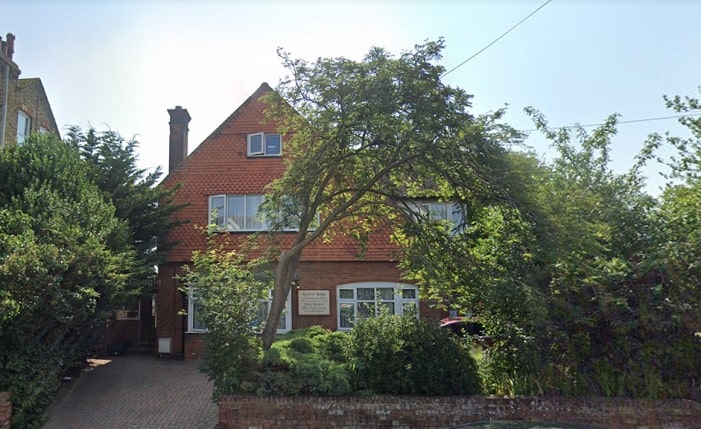
Redcot Lodge care home in Cliftonville was placed in special measures and graded inadequate by the Care Quality Commission prior to the decision by Redcot Care Limited to shut it down for what are understood to be unrelated reasons.
CQC inspectors visited the Lower Northdown Avenue residential home in March and published their findings this month.
The inspection was prompted in part due to concerns received from the local authority about lack of care planning and risks associated with people’s care. A decision was made to inspect and examine those risks and to follow up on action the provider had been told to take after the last inspection in July 2019 which resulted in a requires improvement grading.
Inspectors found breaches in relation to safeguarding, risk, medicines, lack of staff, and leadership, management, scrutiny and oversight of the service.
Redcot Lodge could care for up to 18 people living with dementia and/or with learning disabilities. At the time of the inspection there were 16 residents.
Inspectors said: “For the past year the registered manager had not been managing the service on a day to day basis. They had failed to have continuous oversight or scrutiny about what was happening at the service. They had failed to undertake any checks and audits to identify concerns and shortfalls.
“When they returned to the service on a more regular basis, they had found some of the issues but were unaware of the extent of the shortfalls and concerns we found at this inspection. Concerns identified at the previous inspection had not been prioritised and improvements had not been made and implemented.
“People were not protected from the risk of avoidable harm. When concerns were identified about people’s safety, information was not shared with appropriate stakeholders so investigations could be conducted. Risks were not managed.”
The report adds: “Medicines were not always managed safely. Handwritten record had not been doubly signed by staff to reduce the risks of errors occurring. Staff did not have guidance for ‘when required’ medicines that were prescribed for people when they became distressed. Staff could not find any medicines audits to check that medicines had been given safely and any errors identified.
“There was not always enough staff on duty to ensure care was delivered in a safe way. Staff received essential training to complete their role, but not all staff received training about people’s specific health conditions.
“At times there were not enough staff on duty to make sure people were safe and received the care and support that they needed. Staff told us they just got on with things and did the best they could with the resources they had got. One staff member told us, “We have got used to working like this now. It’s not ideal but what can you do. Its non-stop from the moment you get here till the moment you leave.
“Until recently the service had been managed on a day to day basis by a manager who was not registered with the CQC. The registered manager had taken a ‘step back’. They were not at the service on a regular basis.
“Staff told us that that they had felt bullied and undervalued during this time. They said they had not been listened to. Staff had left the service. The day to day manager had recently left and the registered manager was now at the service on daily basis during the week.”
The report grades care as good, effective and responsive as requires improvement and safety and leadership as inadequate. The overall rating is inadequate.
CQC listed regulation breaches as:
- The provider had failed to do all that is reasonably practicable to mitigate risk. The provider had failed to ensure the proper and safe management of medicines
- The provider had failed to protect people from improper treatment.
- The provider had failed to assess, monitor and improve the quality of the service provided. The provider had failed to maintain accurate, complete and contemporaneous record in respect of each service user. The provider had failed to mitigate risks relating to the health, safety and welfare of service users.
- The provider had failed to ensure sufficient numbers of suitably competent and experienced staff were deployed.
Following the meeting inspectors say they were informed that the provider had made the decision to close the service and would be cancelling their registration with the CQC. The registered manager and the local authority were working with people and their relatives to ensure people were moved safely to other services that were able to meet their needs.
It is understood the decision to close was not due to the CQC inspection but related to general difficulties in the care sector market.

